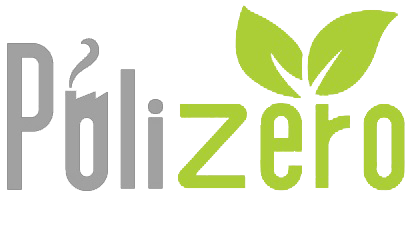Interim Report
POLIZERO aims to assess the impact of European energy and climate policies on the Swiss energy system. A suite of decarbonisation policies relevant for Switzerland, which could also be based on successfully implemented examples in other European countries, is assessed in terms of effectiveness and efficiency by considering the interactions of the Swiss and European systems. The aim is to generate robust dynamic adaptive policy pathways and their implementation timing in meeting the national energy and climate targets. Uncertainties influencing the implementation of policies are explored via parametric energy scenario analysis.
A comprehensive policy inventory of current and planned energy and climate policies in Switzerland and other European countries was constructed during the project's first year. The inventory is a detailed policy catalogue and information about each country's policymaking traits. It also includes the latest key energy and emissions statistics to provide a comprehensive view of the energy transition challenges and how these are tackled in different countries.
Together with the policy inventory, a stakeholder workshop was conducted within the annual meeting of the Common Advisory Board of POLIZERO, with experts from academia and energy policy, to prioritise those policies from the inventory relevant for Switzerland. Among others, the discussions highlighted: a) the need to continue and enforce the Emissions Trading Scheme (ETS) together with complementary instruments such as carbon levies to share the mitigation pressure from ETS and non-ETS coverages; b) to move to a market-based deployment of renewables in electricity supply with technology-neutral tenders and direct subsidies for the transitional period; c) to promote the security of supply by supporting (and enforcing via mandates to some extent) combined installations of renewable technologies and storages; d) to strengthen carbon taxes in heating fuels and eventually move to carbon pricing schemes also for sectors not covered by the current ETS (e.g., transport); e) to accelerate alternative infrastructure in transport with supports on EV charging and H2 fuel stations; f) to consider subsidy schemes for low-carbon infrastructure development in industry (e.g. bioenergy, hydrogen, e-fuels) and CO2 transport infrastructure; g) to develop legal and regulatory frameworks to ensure availability and access of clean fuels, bioenergy/hydrogen/e-fuels, in the end-use sectors.
The next year of the project foresees the development of the interfaces between the quantitative tools employed at POLIZERO, the JRC-EU-TIMES model for the energy systems modelling and the AIM model for the dynamic adaptive policy pathways exploration. Also, the quantitative long-term energy systems modelling for assessing the impacts of the European energy and climate policies on the Swiss energy system configuration and the effectiveness of the Swiss decarbonisation policies will be performed.



